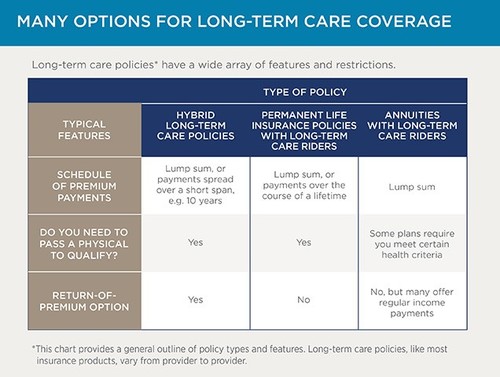
IADLs include all daily activities, from getting out of bed to dressing and eating. They can also be used to control biological functions. An occupational therapist helps improve daily functional activities. They determine if these tasks can be performed successfully. They evaluate the activity's safety and effectiveness, and the difficulty of the patient's task.
Daily activities that are instrumental
For independence, it is important to do Instrumental Activities for Daily Living (or IADLs). These activities require no assistance and enable individuals to have a rich, fulfilling life. These IADLs cover dressing, grooming, toileting, and self-feeding. It also includes basic communication skills, such as using a telephone or a computer. Other IADLs include meal preparation, chores, managing money, and taking public transportation.
These activities are necessary for independent living. They also require higher-order thought. Experts are divided on how many IADLs to include, but most experts list between seven and twelve. The task list will vary depending on the person. Geriatric patients might need more assistance than others.

Awareness of performance within a task context
Awareness of performance within a task context is an important factor in improving performance. Although cognitive decline is often subtle, older adults may be able adjust their performance to optimize their performance. Functional decline can be caused by older adults who lack self-awareness and may not be able recognize or adjust their performance. Unfortunately, little research has focused on the awareness of performance in a task environment for functional daily activities.
We used WCPA-10 to evaluate awareness of performance for a task in functional activity. We evaluated older adults by observing them as they performed various tasks, and we assessed their self-recognition of errors, whether verbally or non-verbally. These errors were taken as a fraction of total errors. We also examined the performance ratings of participants on four different tasks.
Studies on the neuroanatomical correlates IADLs
A wide range of neuroanatomical conditions can cause impairments in functional daily living activities (FADL). These impairments can affect mobility, visual perception, auditory processing, as well as morphological changes in brain. This review was done to determine neuroanatomical factors that impact the IADL.
The researchers wanted to find out if brain perfusion patterns in certain regions are related to functional abilities. The researchers found a positive correlation between total IADL scores and perfusion ratios in the right lateral temporal and superior parietal gyrus. These results support a hypothesis that changes in IADL capability are associated with perfusion.

IADLs: The impact of dementia
Care of patients and their families will be easier if you understand dementia's effects on ADLs. Dementia can affect the brain functions required for ADLs such as judgment, attention, decision making, and safety. The presence of a dementia caregiving professional in the patient's home can help them make safe decisions and maintain independence.
The severity of dementia affects ADL performance differently depending on the stage. Some activities remained intact in the early stages of dementia. Others declined as the disease progressed. The condition of bathing, dressing and continence deteriorated over time. These differences do not exist across all countries or stages. This means that specific interventions are necessary to improve specific ADLs and increase independence.